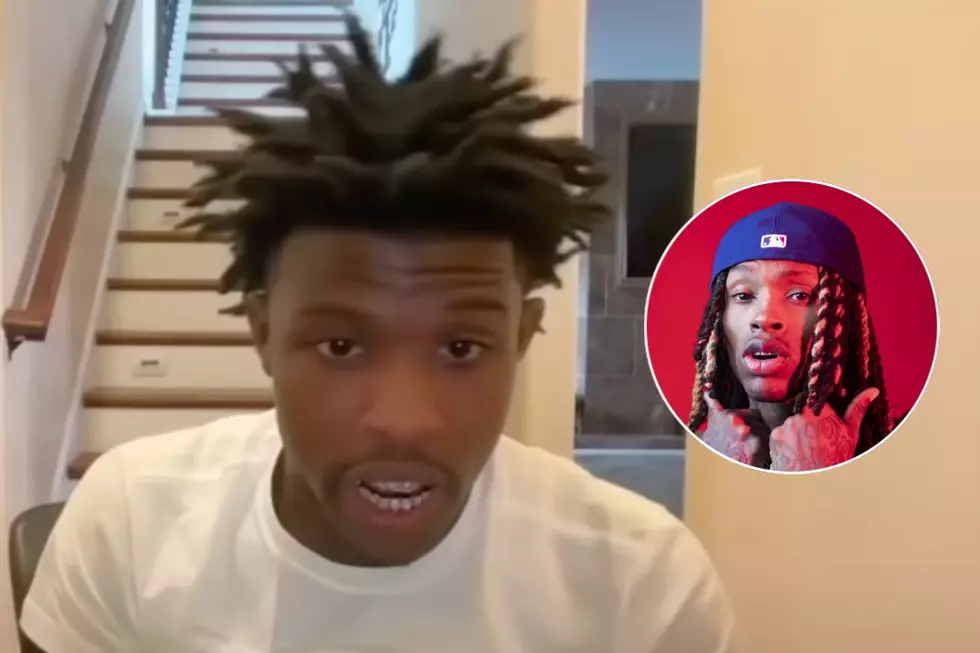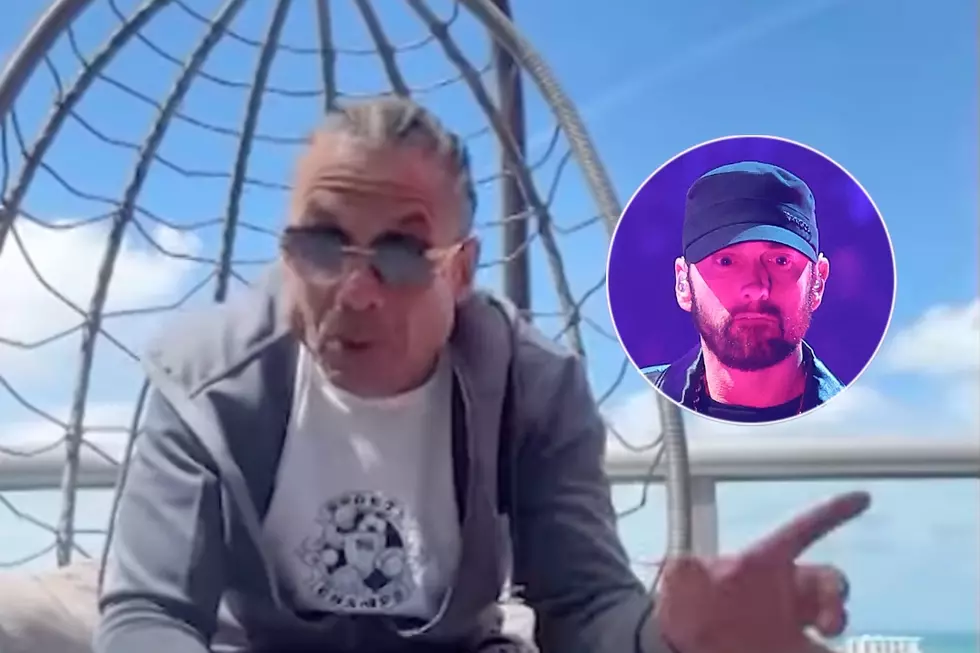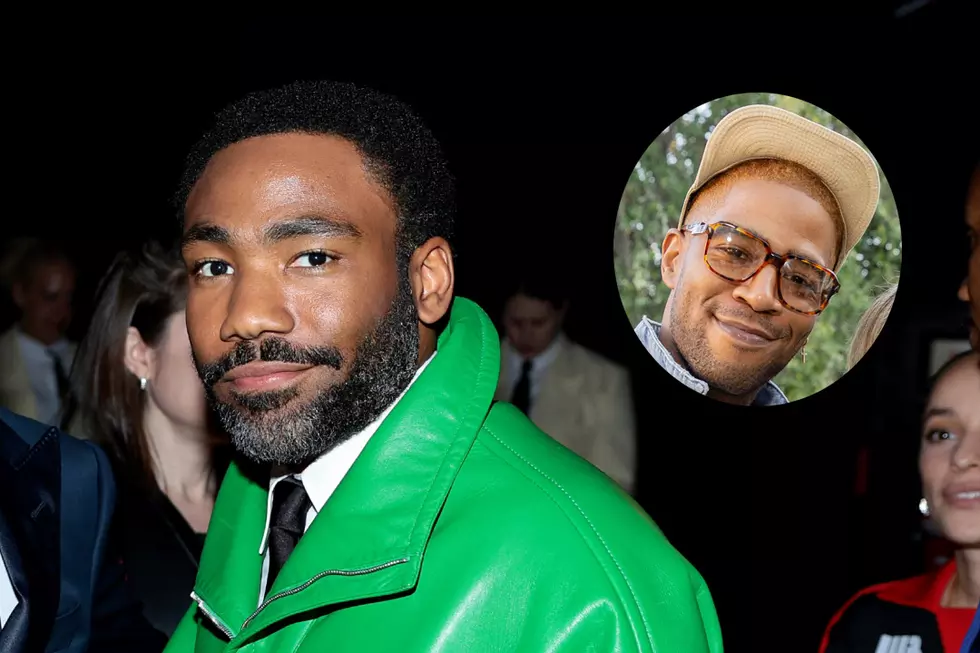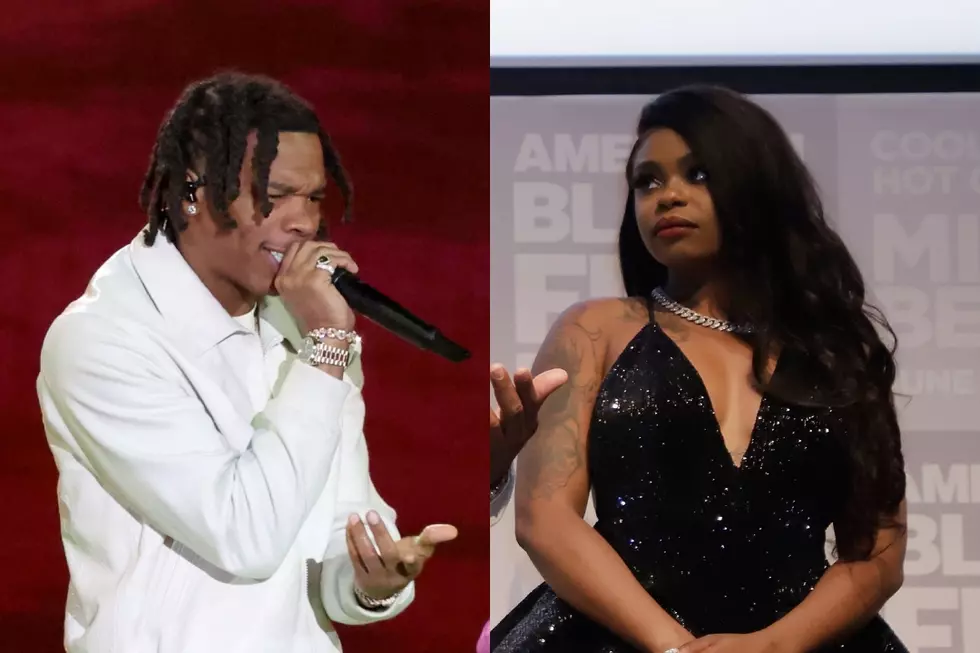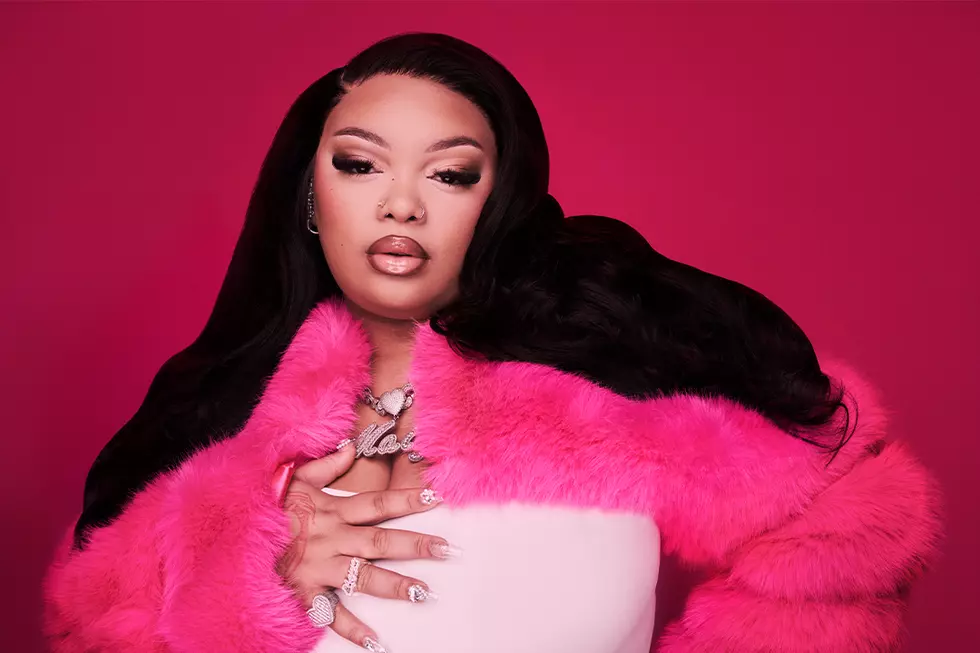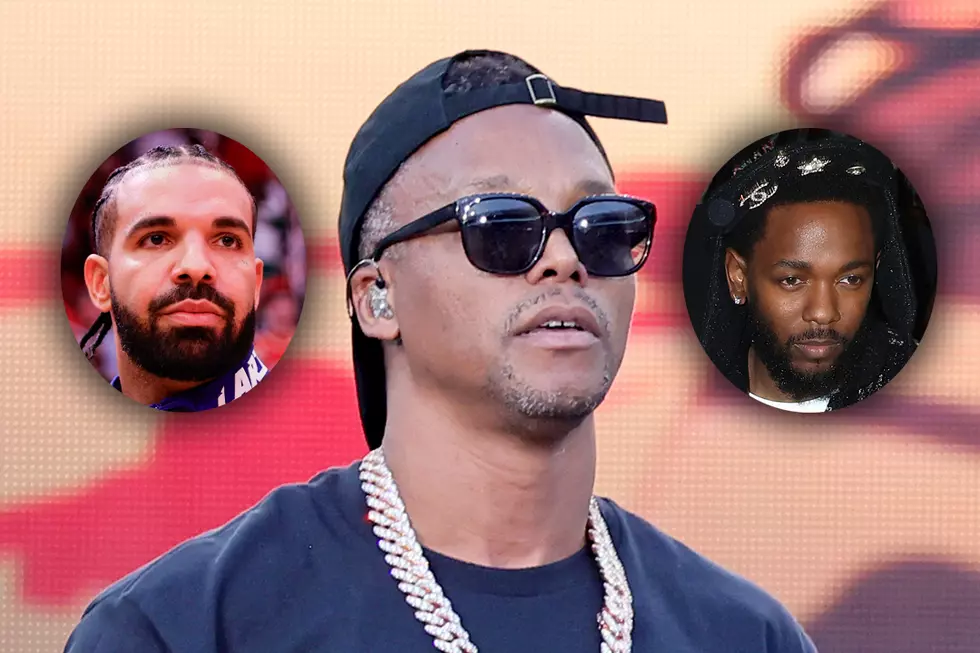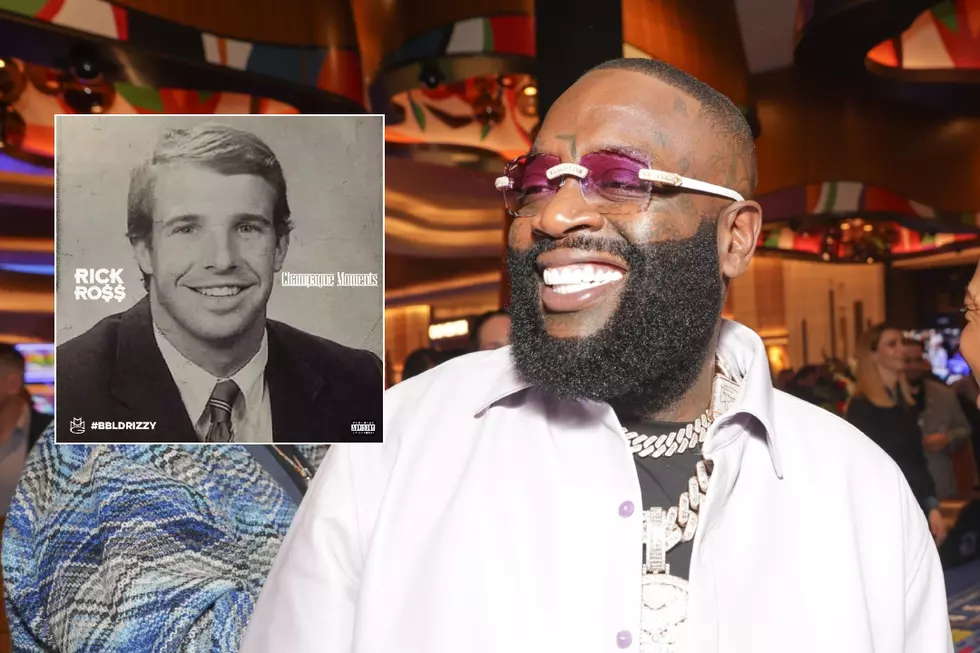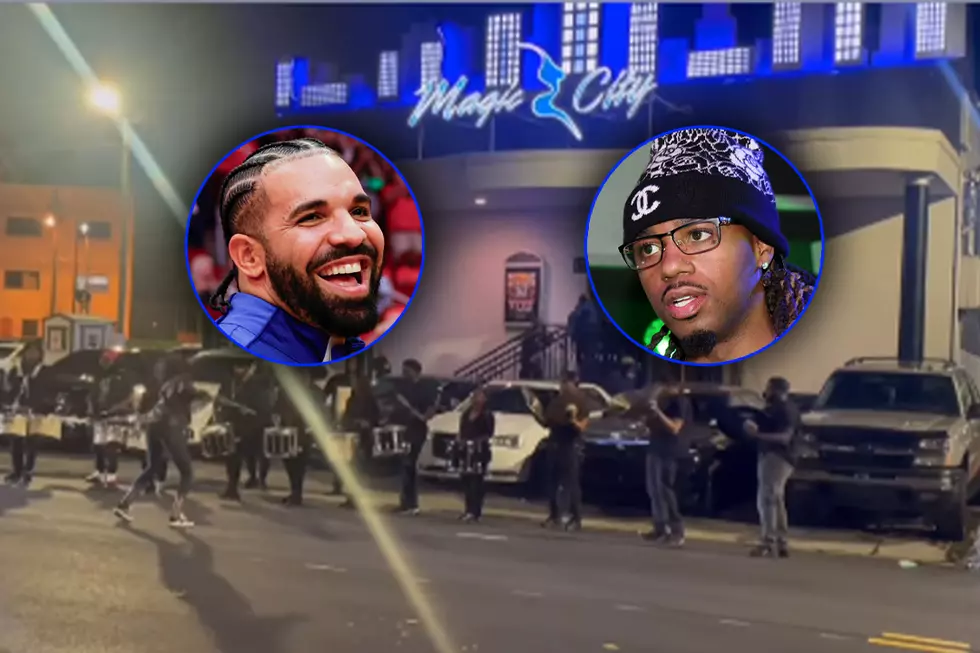Immortal Technique
Rock The Boat (Part II)
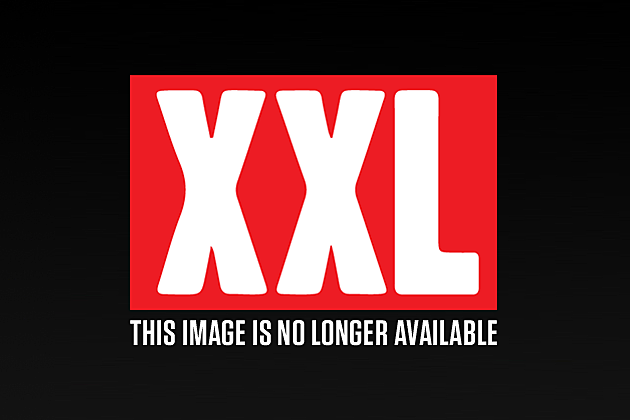 As an MC more concerned with government conspiracy and institutionalized racism than making sure his lady brings her Wet Wipes, Immortal Technique seems to have little in common with fellow Harlem natives the Diplomats. He might not have quite the same swagger, but in 2006 he’s hoping to prove that he has the hustle that Harlem has become synonymous with.
As an MC more concerned with government conspiracy and institutionalized racism than making sure his lady brings her Wet Wipes, Immortal Technique seems to have little in common with fellow Harlem natives the Diplomats. He might not have quite the same swagger, but in 2006 he’s hoping to prove that he has the hustle that Harlem has become synonymous with.
After his two albums, Revolutionary, Vol. 1 and Revolutionary Vol. 2, established him as a forceful artist committed to showing the bigger picture behind ghetto realities, he became president of his own independent label, Viper Records, where he just executive produced his new artist Akir’s album, Legacy. With his upcoming third album, The Middle Passage, through Babygrande/Koch, a DVD documentary called Urban Warfare and a “mixtape/album” with Green Lantern on the way, Tech’s rep is only getting bigger. Just before he left for the West Coast to kick off his 2006 Invasion tour, Tech took time out to enlighten us on what he has in common with the Dips, why the South is winning and what lies ahead for the future of New York hip-hop.
You've been working with Green Lantern a lot lately. How did you guys link up?
I met Green while he was still with Shady at this High Times hip-hop [event] with a whole lot of other muthafuckas that were talking about the way the government was set up. I was on that “fuck the industry” shit back then. I didn’t need them. I was only up to 15,000 back then. Matter fact, you guys gave me the Show & Prove, along with my nigga Saigon, right around that time. But me and Green Lantern were on the same page back then. We have a similar vision. I always come to the table with something outlandish and he thinks about it and is like, “Yeah, fuck it, let’s do it.” With the original “Bin Laden” joint, I spit the first verse for him and he was unsure if they were ready for it. But after I spat the second [verse] he was like, “They better be ready.” And that was that.
Why do you think Southern rap is so much more prominent than New York rap these days?
Well, East Coast and West Coast artists go diamond, which I haven't really seen Southern hip-hop do [Editor’s note: OutKast’s Speakerboxx/The Love Below has been certified diamond by the RIAA]. Isn’t the highest-selling artist in the game 50 Cent, and isn’t he reppin’ NYC? The [only] problem is, in an attempt to market ourselves better, we started putting the hottest, most lyrical and most creative songs on mixtapes, rather than albums. But maybe [Southern rap] seems more out there because it sells better per project, so [there’s] consistency. It makes the industry push it more. That makes other people see it as a formula for success, and there are a lot of dudes—not just in NY, but especially here—who follow trends [and] have the same subject matter.
What subject matter do you think people would rather hear from New York?
With all that's going on in the world, I guess people take that to heart. They looked towards NYC, which traditionally breeds lyricists to speak on it. When they didn't see that, they lost faith. People are tired of only hearing the tough talk with no meaning, of hearing that you're a drug dealer unless you explain some other dimension of it. So what you got guns? A lot of people got guns too, nigga. You sold drugs, who hasn't? You did time? Me and few million other people have too. That shit ain’t a right of passage for Black and Brown men, it’s slavery. You're willing to kill someone. Aight, so? Make it creative or get a therapist, nigga. It's not that rappers are too “street” or “too raw” for the audience, they just aren't talented—weak metaphors, similes that a four-year-old could come up with. I always hear “he got a hot flow.” That doesn't excuse son's lyrics from being trash.
What do you think Down South MCs are bringing to the table?
I mean, no one expects miraculous lyrics from a Down South artist, but them niggas ain't stupid. They experience more racism, more government abuse and more poverty than any part of the country, except maybe Michigan and some [Native American] reservations. So regardless of lyrics, they sound hungry to express their pain. Sure, we hear the commercial tracks on radio from them, but the others songs have content. We, as the East Coast, are held to another standard though, by people like you, by the hip-hop community.
Why does New York have that standard?
Being an average or above average lyricist in New York? That's just disrespectful to the very culture of hip-hop. Maybe there’s another factor too, though. The audience in hip-hop has another generation gap. There are kids out there who see Biggie and Tupac as old school. People who were five or six years old when they died. If you make things more simplistic with lyrics, then it will appeal to a younger audience. Not to disrespect the intelligence of the youth at all—I know lots of smart teenagers—that's just truth. But the realest thing I'm gonna tell you about hip-hop's Southern power surge: niggas ain't making money like that. I don't care what you wore in your video, what you showed up to the Howard homecoming in, what you floss in the streets, or how many independent units niggas sold out they trunk in Alabama or Atlanta. Let's not sit here and pretend that the big companies aren't the ones making all the real money. The Southern push doesn't reflect the growing living standard of Southern people as much as it represents a desperate effort from record labels to salvage their sales, which are in the toilet. They found a loyal market and they will now exploit it to the fullest. Your imprint means nothing, nigga. You own no masters, you split publishing. The dollar amount that the majors get from the distributor is the bottom line. You don’t even see that as an artist. We’re all still slaves, we’re just on different boats.
You're from Harlem, where the dominant artists right now are the Diplomats. Are you a fan?
[Laughs.] People sometimes forget I'm from Harlem and I live here and in the Heights. I guess that comes from being on tour 200 days out the year. I always liked the most fucked up raw shit that artists do, so for me, even though I like some music Cam and them put out now, the realest shit he ever wrote was these two songs on Confessions of Fire called "D Rugs" and "Confessions." Shit sounded like it hurt him to write that, and that's what I appreciate—from anyone.
They’re obviously very different from you lyrically, but is there something about Dipset you can say you relate to, being that you’re all from Harlem?
Regardless of if you like the content of their rhymes or manner of dress, something I think people overlook is the independent success that they’ve had at Koch. They're independent with their main artists on major labels. Koch is $5 to $6.50 a record. Multiply that, and it shows you the reality of a successful hustle. Harlem is the Apollo. Harlem is Marcus Garvey. Harlem is jazz. Harlem is a musical Mecca. Harlem is the legacy of Malcolm X, that shuts down all the stores on his birthday until 3 p.m.—except disrespectful Burger King, [which] niggas had to personally shut down in 2005. Harlem is the hustle. I think if anything they just exemplify that hustle for anyone that takes a serious look at their businesses. That's me too. I'm Harlem. I hustle, just for a different reason than most muthafuckas out there.
It seems like the average Joe just doesn't want to think about serious social or political issues when listening to pop music. Why should people listen to you?
I think you’re wrong. The average Joe wants to know what’s going on, but it has to be presented to him in the right fashion. Even the biggest, most ignorant muthafucka isn’t gonna look at his six-month-old child with pneumonia and say, “Man up, nigga.” People act like they don’t care, but they do care about the world they live in. My music doesn’t just deal with complex political ideology. You don’t need a college degree to understand what I say in every song. The joint that made me famous in the underground—“Dance with the Devil”—is real gruesome. I’m not a positive rapper. I rhyme about rape, murder, torture, about the ’hood and drugs. I just make it relevant to what’s going on in the world. I relate it to the Third World. I mean, I’m Peruvian and part Black, but I was born out there [in Peru] and I never forget the people who are suffering the full effects of anything we scratch the surface [of] in the ghetto here.
More From XXL
